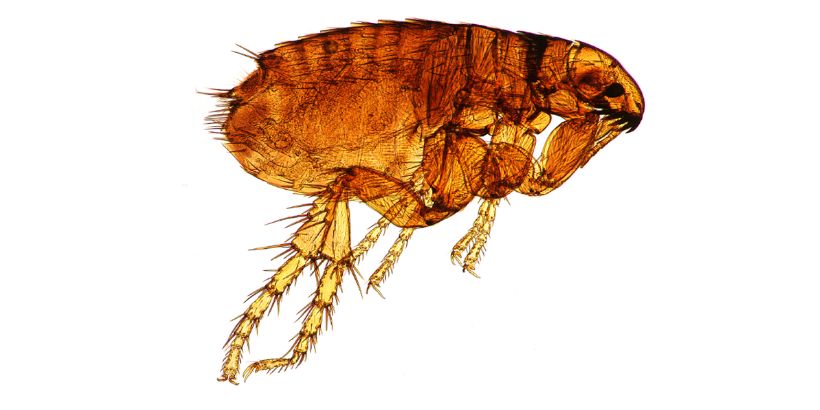A 75-year-old man from Kerala, who recently returned to India after visiting Vietnam and Cambodia, has been diagnosed with the bacterial disease murine typhus. After his trip, the patient had experienced body aches and fatigue. Murine typhus is a rare disease, and this is the first case of this disease in the state. Murine typhus is also known as fleaborne or endemic typhus. It is a rickettsial disease caused by Rickettsia typhi. Rickettsia is a type of bacteria. Another organism, R. felis, can also play a role in causing murine typhus. Let us learn about murine typhus in detail.
According to the Centers for Disease Control and Prevention, symptoms of murine typhus begin within 3–14 days of contact with infected fleas or flea litter. What are the symptoms of murine typhus?
Symptoms of Murine Typhus
Typhus is caused by two types of bacteria called Rickettsia typhi and Rickettsia prowazekii. Symptoms of typhoid are as follows:
Fever, chills, body aches, muscle pain, headache, loss of appetite, nausea, vomiting, abdominal pain, cough, rashes
Read Also: Dengue Vaccine Set For Human Trails
Treatment of Murine Typhus

The treatment of murine typhus is done by the antibiotic doxycycline. Doxycycline can be used in people of all ages. Antibiotics are most effective when given immediately after the onset of symptoms. People treated early with doxycycline usually recover quickly.
Treatment with doxycycline reduces the duration of this disease. When not treated with the right antibiotics, the fever can last for 2-3 weeks and the disease can be severe. In rare cases, murine typhus can be fatal.
Prevention of Murine Typhus
There is no vaccine available to prevent murine typhus. The risk of this happening can be reduced by protecting against fleas.
Here are some ways to prevent it
Protect your pet from fleas
1. Animals that live outdoors are more likely to get fleas.
2. Talk to a veterinarian about flea control products for pets, such as flea collars, medication, or topical flea prevention products.
3. Keep wild animals away from your home, workplace, etc.
4. Remove damaged items, piles of stones, junk, etc. outside your home.
5. Seal the holes in your house from where these organisms can enter.
6. Do not feed or pet wild or stray animals.
7. If you’re managing a sick or dead animal, always wear gloves.
8. Use Environmental Protection Agency-registered insect repellents on your skin and clothing when spending time outdoors
Latest News Supreme News NetworkInternational News Political News Lifestyle&Health Culture Business News Cultural News
#MurineTyphus #HealthAwareness #TyphusSymptoms #DiseasePrevention #FleaBorneIllness #PublicHealth #HealthEducation #InfectionPrevention #MedicalFacts #TyphusAwareness





